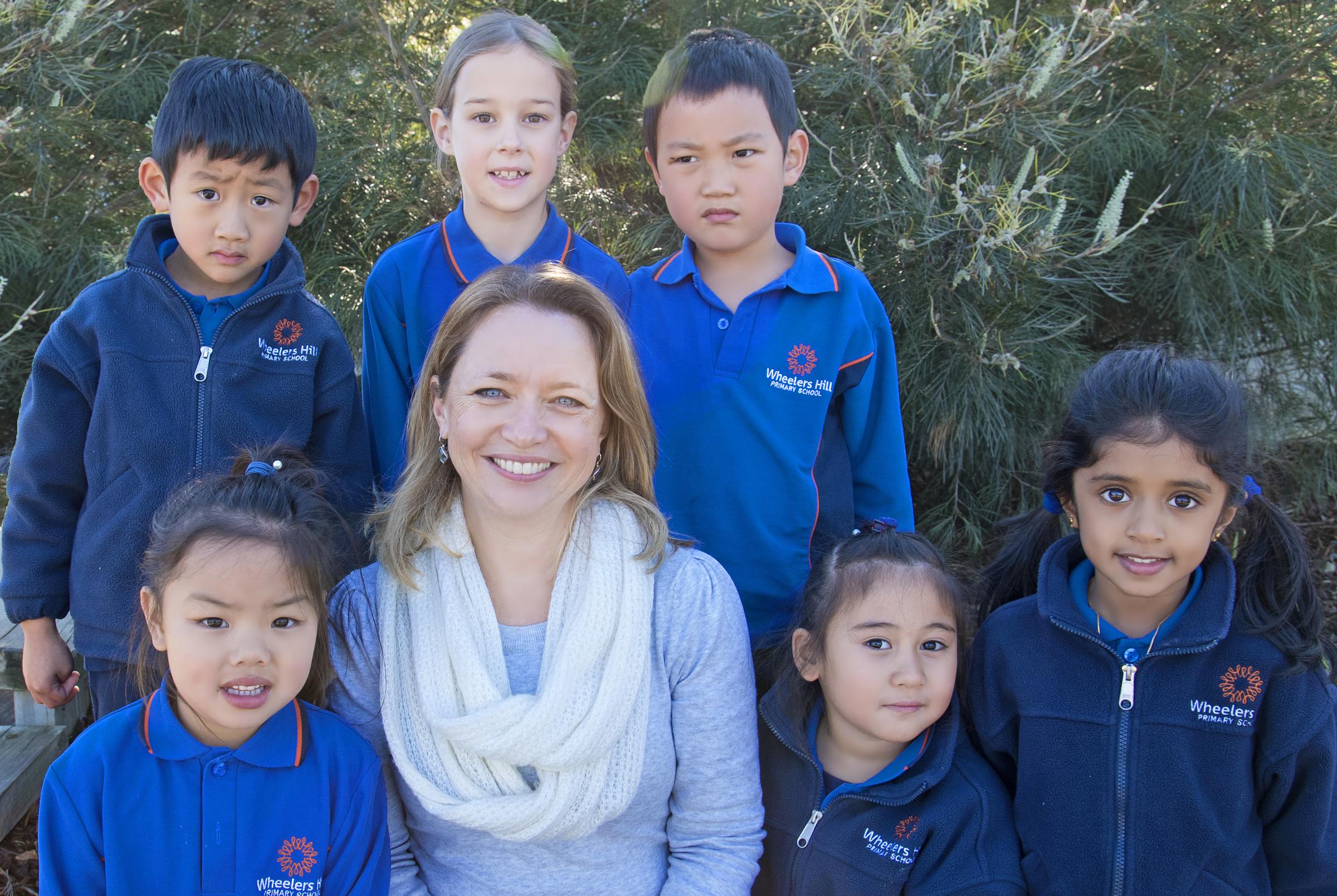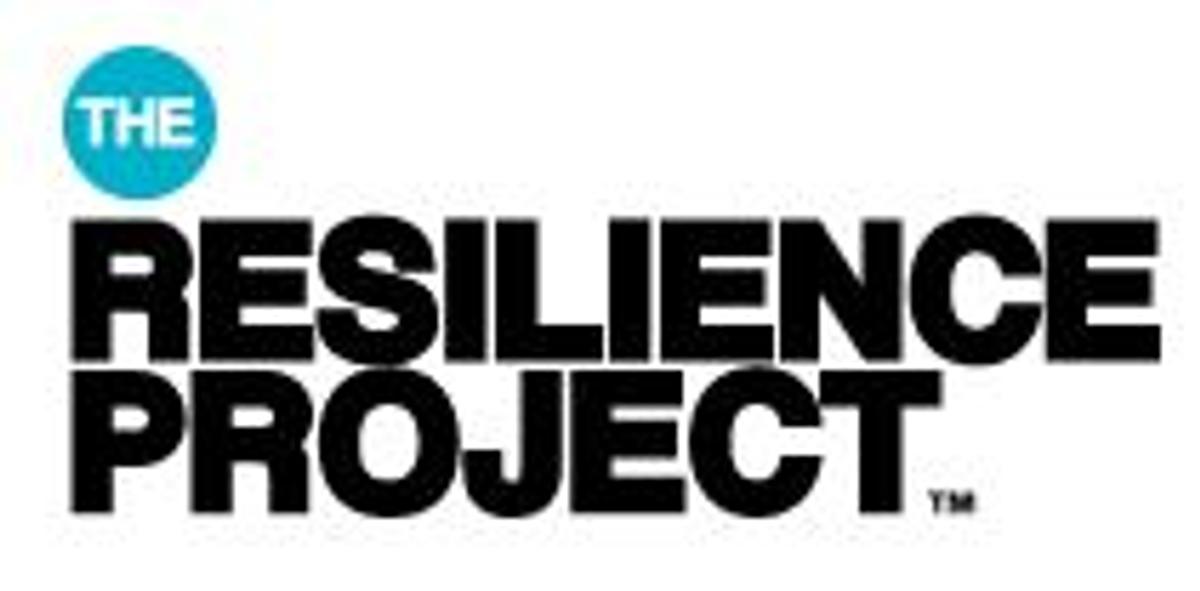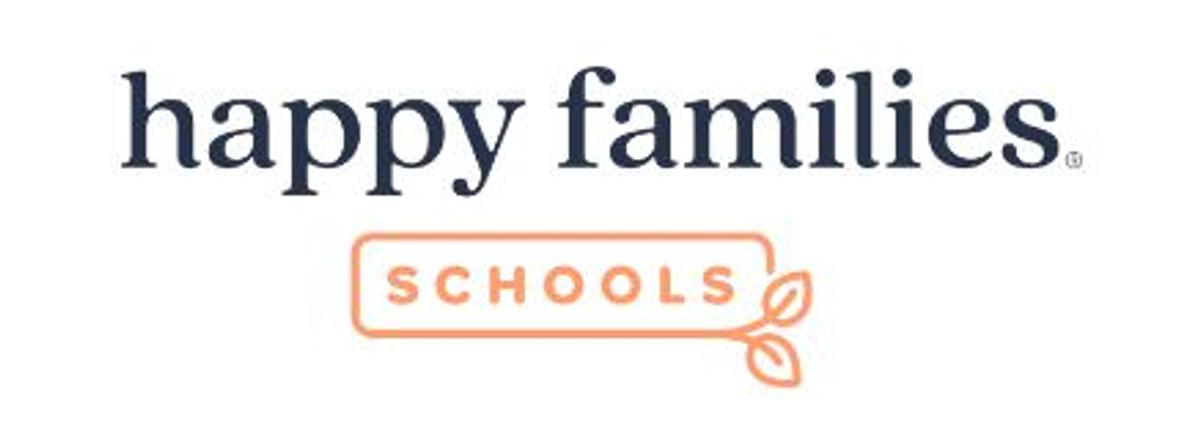Assistant Principal's Report Katrina Spicer - Wellbeing

26th May 2023
Throughout 2023, we will be working closely with The Resilience Project to support the wellbeing of our school community.
The Resilience Project delivers emotionally engaging programs and provides evidence-based, practical strategies to build resilience.
Our Partnership Program consists of online presentations and weekly lessons for students, professional development for staff, and Parent & Carer Hub (inc. digital presentations) for our parent and carer community.
Over the coming weeks, we’ll be sharing the Parent & Carer Hub with you. The videos are 5-10 minutes long and will walk through the key pillars of resilience: Gratitude, Empathy & Mindfulness. You’ll hear stories and be introduced to activities to show how these strategies can support our kids' learning and development, and also support you as parents and carers.
This program is an important part of our school’s effort to look after the mental health of our community.
View the first presentation of the series here:
Part 1: Meet Hugh and learn about The Resilience Project - https://theresilienceproject.com.au/2023-parent-carer-hub-inspire-hugh/
In this presentation, Hugh shares a personal experience about his sister's battles with Mental Illness.
Note: This video contains a story about an Eating Disorder that may be triggering. Please consider this before watching. For mental health resources and support information, visitThe Resilience Project’s Support Page.
We will be in touch fortnightly to share the remainder of the program, including research and wellbeing activities to integrate into day to day life.
Parent/Carer Support(click this link)
In this Parent & Carer edition of Project+ we talk about the importance of practising gratitude and provide some fun ways to do this as a family.
MRS SPICER IS TAKING SOME LEAVE
I will be taking Long Service Leave for the remainder of Term 2. I am looking forward to a long awaited trip to England and France.
Mrs Virginia Beshara, Leading Teacher for Numeracy and classroom teacher in 1VB will be taking on the role of Acting Assistant Principal in my absence. Mrs Terri Jacobs, one of our regular casual relief teachers will be taking 1VB for the remainder of Term 2.
I look forward to seeing you all again when I return in Term 3!
Katrina Spicer
Assistant Principal - Wellbeing
katrina.spicer@education.vic.gov.au
INSIGHTS
Mindfulness
By Dr Diana Korevaar
As a psychiatrist working with young parents, it became clear that one of the most important jobs I had was to find ways to help people connect with each other when emotions were running high. So often in my own conversations with them, I would see how well a parent could bring wisdom and clarity to challenging situations that were going on in relationships with their partner or children. But I also saw that there were times when, away from our sessions and in the heat of the moment, they would be unable to think clearly, or would be triggered into lashing out in anger.
What was also clear was that the more often these painful experiences of disconnection occurred, the more likely it was that they would recur. This is no accident. It relates to a process called neuroplasticity, a term which refers to the way the brain is always reshaping and rewiring itself according to how we think and behave.
We now know that in the first two years of life, before language skills are present, memories of difficult experiences are laid down in what is called implicit memory. These memories are not attached to a logical story line – that can only happen when children have language skills and can make meaning of their experience.
For young babies, tiredness, hunger and physical discomfort are often the reasons they become distressed. But what is less well recognised, is that babies are hardwired to detect emotional disconnection and are powerfully caught up in the emotional reactions of those around them. Decades ago, Ed Tronick, a professor of child psychology, demonstrated this in what is now called the ‘still face experiment’ which you can see here in a short video.
As humans we retain a lifelong sensitivity to the emotions of those around us.
When we are triggered into strong reactions of anger, fear or shame, emotions are amplified by their connections to parts of the brain that store implicit memories. This is why, even in relationships with people we know well and trust, from time to time, confusing and distressing disconnections are inevitable.
So, what can be done about this very human vulnerability?
Well, we can take advantage of the process of neuroplasticity and use mindfulness practices to build stronger connections between our more primitive centres of emotion and the more highly developed higher centres of our brain which are capable of clear seeing and flexibility.
The way this is done, however, is not intuitive. Left to its own devices, when we are feeling out of our comfort zone, our brains usually direct us into either distraction or unhelpful behaviours like over eating.
Mindfulness practices have been shown to powerfully harness the brain’s capacity to rewire itself. However, when most people think of mindfulness, they imagine sitting quietly and following a guided meditation, or trying to bring amore focussed awareness to simple activities such as eating a meal. While this can be helpfully, it doesn’t really tackle the challenge of what happens when the brain gets hijacked by strong emotion.
To bring about his sort of radical change, we need to find ways to expose ourselves to the very situations that trigger us, but in ways that we can actively recruit the parts of our brain which enable us to remain steady and wise.
Imagination is a powerful way to start this process. The way our brains work, is that even imagining a particular situation activates areas of the brain that are brought into action when the activity is actually happening.
When doing this exercise, it is important to not take on anything too distressing and set yourself a fixed period of time – only a few minutes. Getting overwhelmed with emotion is not the aim.
Let’s say that you want to develop the capacity to not react with anger when your children are arguing. Choose a time when you will not be interrupted. Sitting or lying down, bring yourself into the moment by connecting as best you can to sounds around you or to sensations in your body. When you are feeling a sense of calm, bring to mind a recent memory of when the children were fighting, and you became angry. You don’t need to dwell on the image, just connect with it for as long as it takes for you to feel a bit caught up. Can you feel the reaction in your body? Where is it located? Use this spot as an anchor to gently redirect your attention to, away from the image and any intrusive thoughts.
Gently but firmly, again and again, redirect the focus of your attention in this way. This is a bit like working out in the gym. If you use this way of getting into the driver’s seat of your brain and setting small challenges of reconnecting to challenging situations, it won’t take long before you begin to feel a greater sense of being grounded when difficult situations arise.
Next time a difficult situations arises, with greater awareness of what is happening, slow down the speed at which you talk. Soften your voice tone and talk more quietly. All of these shifts will influence not only your bodily systems, but also those of the people around you.
Our school subscription to Happy Families allows access to the Happy Families website to all members of our school community.
Families can access the Happy Families website at: https://schools.happyfamilies.com.au/login/whps
Password: happywhps
Follow this link to the 'Support for Parents and Families' page on our school website.
https://www.wheelershillps.vic.edu.au/support-for-families
Below is a list of support agencies and links to their websites
Kids Helpline | 1800 55 1800 | visit website
Beyondblue | 1300 22 4636 | visit website
Headspace | visit website
BiteBack | visit website
Headspace | COVID specific resources | visit website
Brave online | free online anxiety program | visit website





